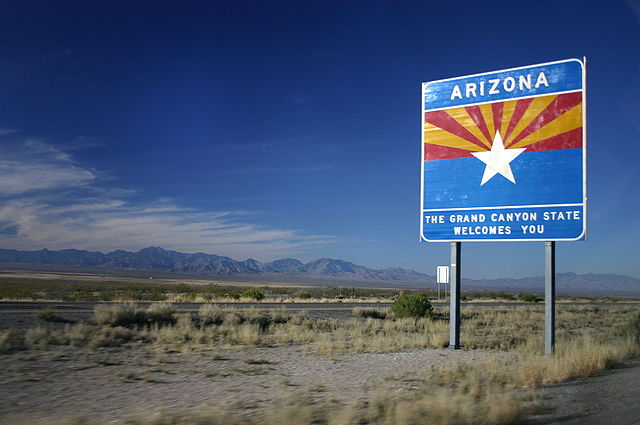This week, Arizona’s Department of Administration agreed to pay the legal tab of four ex-employees of the Public Safety Personnel Retirement System (PSPRS).
The ex-employees are being sued by a real estate investment firm, Troon, for “defaming” the firm by raising questions about how it values assets.
The employees quit PSPRS last year in protest of the allegedly inflated real estate valuations.
The fact that the government is footing the ex-employees’ private legal bills has divided observers into two camps: the camp that believes the public shouldn’t be obligated to cover private legal bills, and the camp that thinks the state is doing a service to whistle-blowers who tried to expose misconduct within the pension system.
Here’s an editorial from the Arizona Republic editorial board, which falls into the latter camp:
It is hard to fathom that four highly educated, highly paid employees of the state’s pension system for first responders would quit their jobs in protest if they didn’t see something that raised serious concerns.
And so it is right that the state that employed them should protect them now that they are under heavy legal fire.
Last year, three investment managers and the in-house counsel for the Public Safety Personnel Retirement System made a powerful statement: They could no longer work for a system they believed had gone rogue.
The four unwittingly made themselves targets for legal action by asking serious and difficult questions about the valuation of the trust’s real-estate investments managed by Desert Troon.
They wanted to know whether the PSPRS used inflated real-estate values for Troon-managed investments to trigger bonuses.
Troon manages large swaths of trust real estate in Arizona, Colorado, Texas and Utah. In return, the trust has paid Troon at least $12 million per year. And Troon enjoys a minority-ownership stake.
As reported by The Republic’s Craig Harris, Troon-managed properties are among the poorest-performing real-estate investments for the system in recent years.
Lost value from the Troon-managed real estate is adding to the larger problem of a pension system for police and firefighters that is short more than half the money it needs to fund current and future retirement payments for those enrolled.
The trust also manages pension systems for public officials and correctional officers. Those funds, along with the others, creak under an unfunded liability of $7.78 billion.
After PSPRS investment managers Anton Orlich, Mark Selfridge and Paul Corens and in-house counsel Andrew Carriker quit their jobs, they found themselves defendants in a Troon lawsuit accusing them of engaging in a conspiracy to defame senior management at the company and the pension system.
The legitimacy of the four men’s concerns will play out over time, but those concerns can’t be called frivolous. They’ve led to a federal criminal investigation into the PSPRS. And a federal grand jury has gone after 100 trust documents, many involving Troon-related real-estate investments.
The former employees have paid dearly for sounding the siren on the state’s pension system. Legal bills have stacked up, and until recently, they did not know how much financial and emotional strain they would have to bear, given they were sued after they left the PSPRS.
Fortunately, the state has affirmed it will cover their legal defense, and there are no financial limits to that coverage. In fact, the state is required to provide legal defense for current or former employees when sued for “acts within the course and scope of employment.”
Without that protection, Arizona would be compelling silence in its employees who perceive wrongdoing in the workplace. It would also make whistle-blowers susceptible to punitive lawsuits meant to shut them up.
Unless we’re looking at the unfathomable, and these four former employees were motivated by malice when they quit their jobs, they did something courageous and decent that requires the state of Arizona to have their backs.

